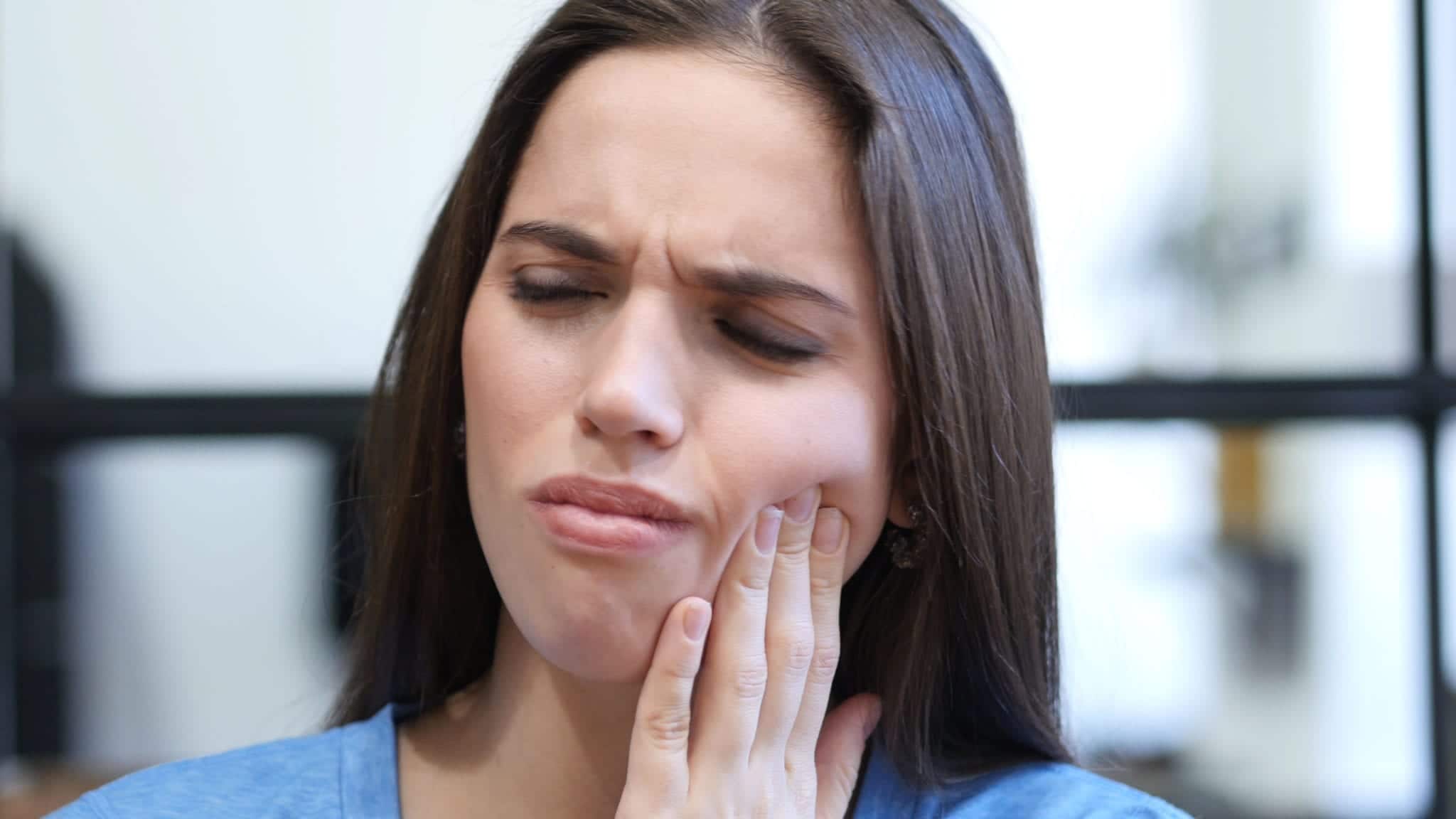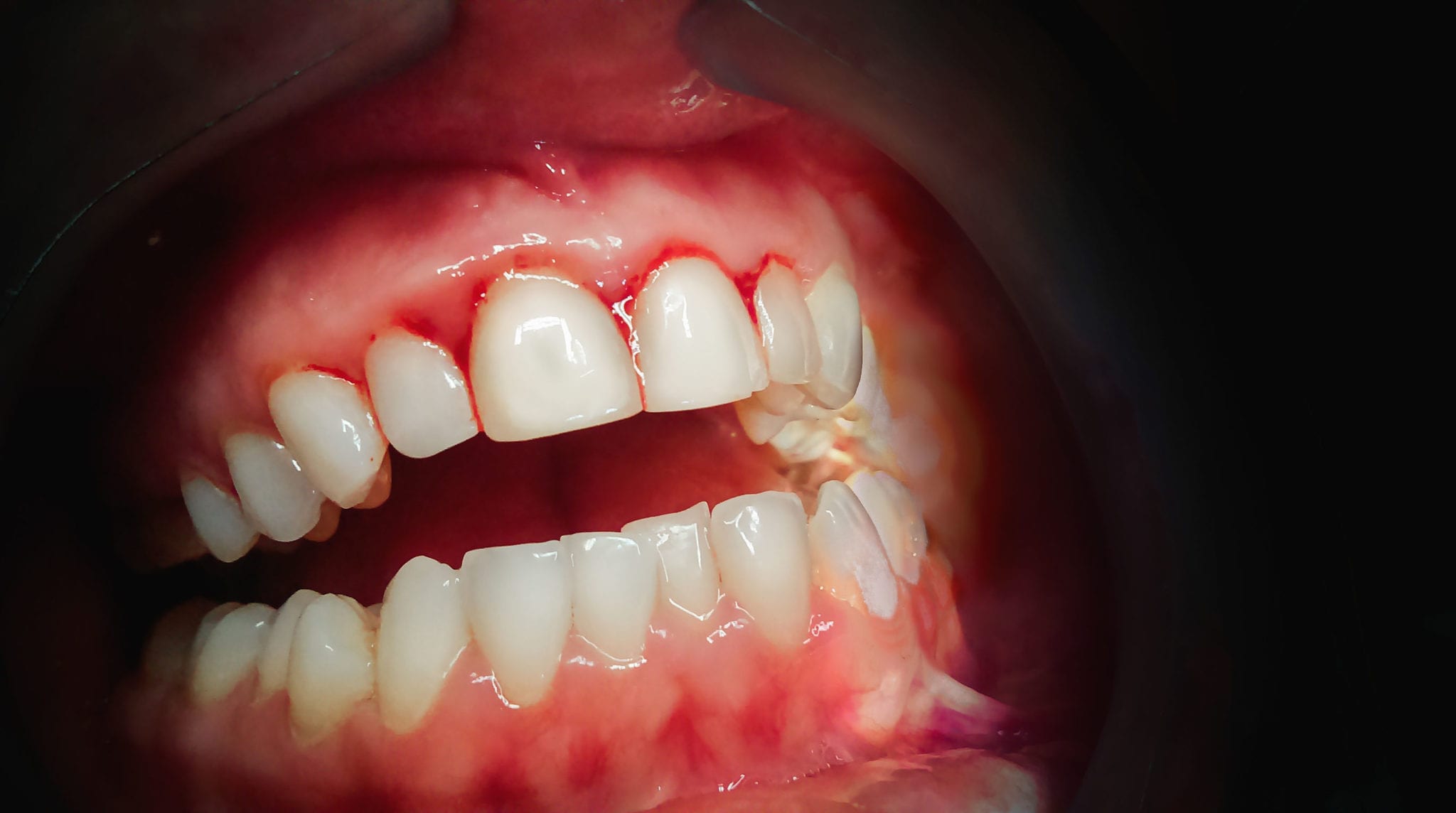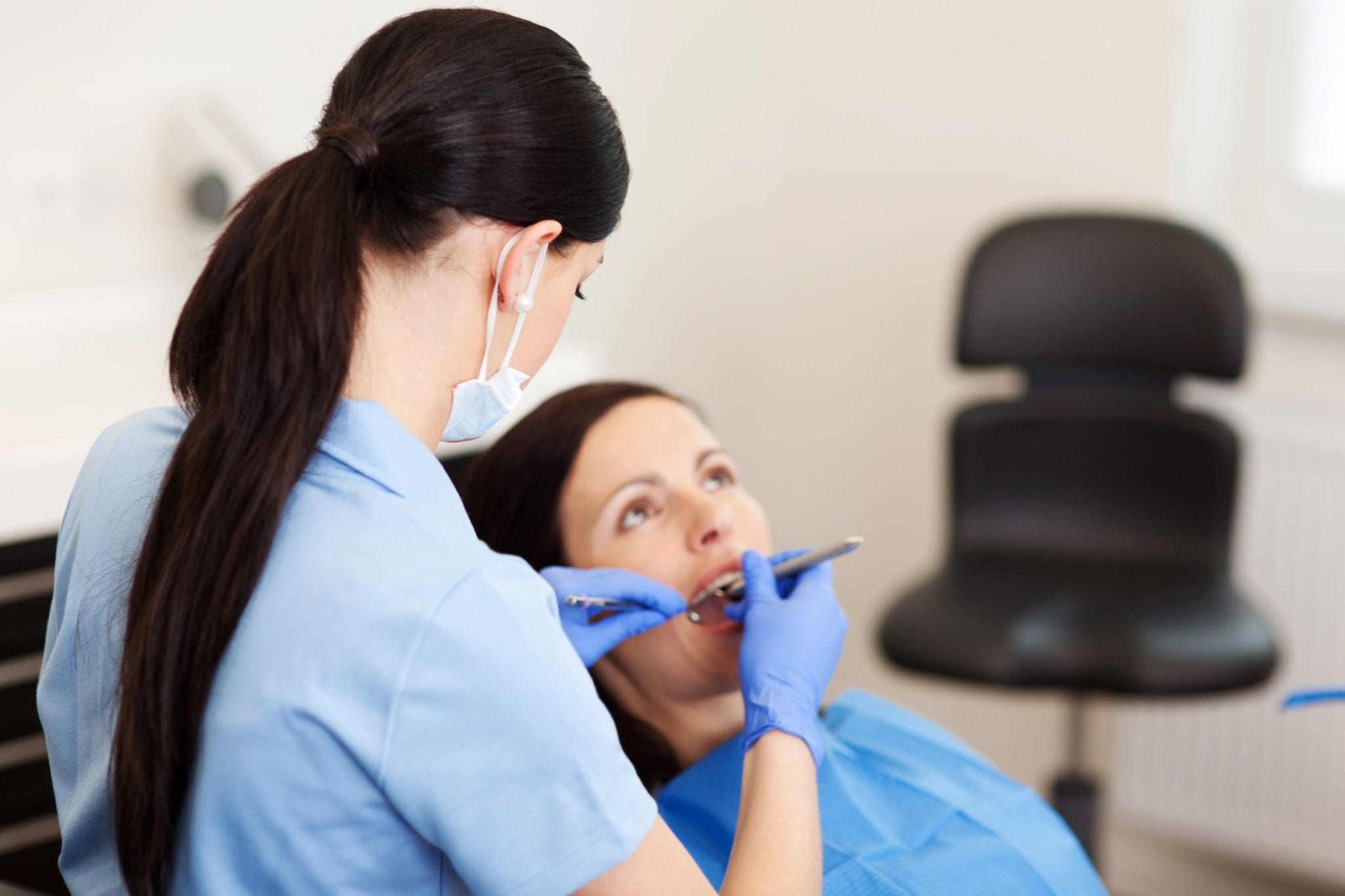
Oral pain may arise due to a number of reasons besides dental issues. However, seeing as how dental issues are the most prevalent in that area of the body, most people immediately assume a mouth problem is a dental problem.
Do all instances of mouth pain require a visit to the dentist, though? Not necessarily… but in almost all instances, having a dentist check out what’s going wrong in your mouth can prove useful.
Not quite sold? Consider this: nearly 90 percent of diseases may cause symptoms in your mouth. Ninety percent!
Even if you are not ultimately dealing with something that is strictly a “dental” problem, getting a dentist’s professional opinion on your mouth pain is generally worthwhile.
Some general symptoms to look out for when caring for your oral health are:
- Tooth, jaw, or gum pain
- Teeth that are exhibiting looseness
- Bad breath that recurs on a daily basis
- Lumps, irregular patches, sores, and bruises in your mouth
If any of these symptoms are noticeable, you should consult with your dentist right away. They’ll either treat the issue or consult you to another healthcare professional for further treatment.
Let’s look at some specific types of mouth pain.
Toothache
Toothaches are the most prevalent form of dental pain. They are caused by the decaying of one’s teeth, abscessed teeth, gum infection, repetitive motions such as grinding teeth, fractured or sensitive teeth, and damaged fillings.
Symptoms of toothache include drainage from the affected tooth, headaches with a low fever, swelling in the gums or around the tooth, and – of course – pain in the tooth. This pain may be dull, throbbing, sharp, constant, or irregular. In some instances, pain may only result if pressure is applied to the teeth.
Does a toothache require a dentist? If it is severe, persists for more than a couple of days, and causes pain in your head, ears, jaw, or cheeks when you open your mouth – you better believe it!
Sore or Bleeding Gums

Bleeding gums often indicate an underlying problem, such as an oral injury, complications arising due to pregnancy, brushing one’s teeth too vigorously, or inflammation. Sore gums can also be an indication of gum disease or gingivitis. If left untreated, this may develop into periodontitis.
They can also be an indication of some underlying condition, such as diabetes.
A visit to the dentist will tell you if you have gum disease and whether you need some advanced dental treatment, such as scaling or root planting. The dentist may refer you to another healthcare professional if the issue is a symptom of something else, such as oral thrush, or a gynecological issue resulting from pregnancy or menopause.
Lumps, Patches, Mouth Sores
Generally, these are a sign that you are suffering from either canker sores or fungal infection. However, they can also be a symptom of oral cancer, some signs of which may include: bleeding sores that do not heal, lumps inside your mouth, discolored tissue, shifting of teeth, and rough spots within your mouth.
Mouth Inflammation
Mouth inflammation causes pain, heat, swelling, and redness inside your mouth. There are two types of inflammation: acute and chronic.
Acute inflammation is caused by burning your mouth. For example, by consuming hot beverages. In most acute cases, the inflammation heals within a few hours. You do not need to get medical help except in the most serious cases of acute inflammation.
If you suffer from chronic inflammation, however, it’s better to get it checked by a dentist.
Why? Because chronic inflammation can be related to gum disease or something more serious, such as mouth cancer. Chronic inflammation can also be a symptom of heart disease or diabetes and may occur if you’re having a stroke.
Burning Mouth Syndrome
Burning Mouth Syndrome refers to the sensation of burning on your tongue, the roof of your mouth, or the inside of your cheeks. It’s characterized by a scalding sensation. If the pain doesn’t go away or worsens, you should see your dentist about it as soon as possible.
In some cases, it is related to stress, anxiety, and depression. In other cases, it’s linked to allergic reactions to toothpaste, mouthwash, or the material that dentures are made of. It might indicate a problem with one’s immune system, a hormonal imbalance, or nerve damage.

General bottom line? If the mouth pain you are experiencing persists for more than a day or two, get in touch with a dentist about it. A routine visit might save you from expensive dental procedures down the road, such as root canals or dental crowns.






